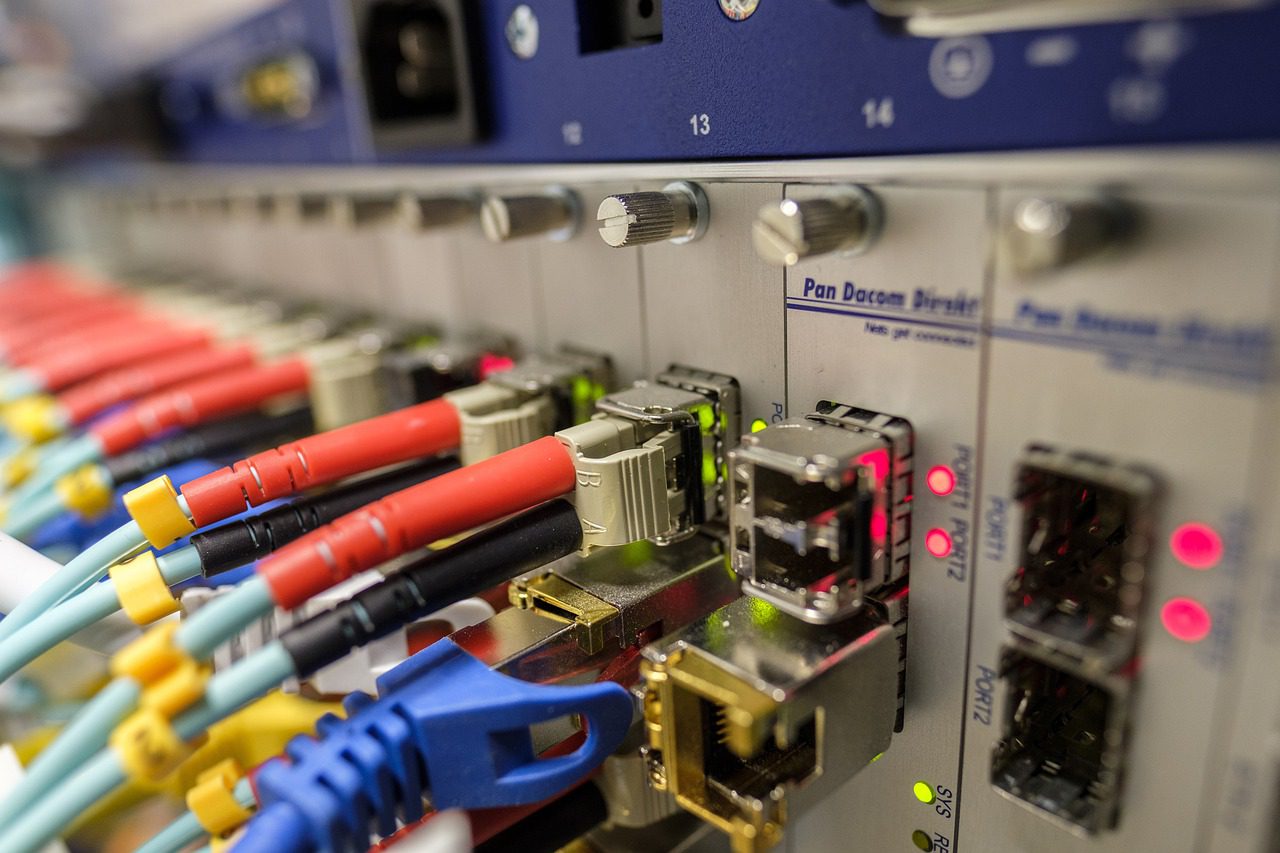
After the shock of the sabotage of the Nord Stream 1 and 2 gas pipelines, the cause of which is still a mystery, another concern has arisen within European countries: the possible rupture of the submarine cables that connect the continent to the global Internet network. This is a major security issue in the context of the Russian-Ukrainian conflict, as any break in the cables could have serious repercussions on the functioning of all European countries.
Submarine cables currently carry an estimated 97% to 99% of computer traffic. More than 400 such links connect the five continents, with capacities far greater than those of satellites. Both civilian and military information is transmitted through them. International markets are particularly dependent on them. Anxiety has been heightened because these cables are mostly owned by private companies and they pass through areas that are accessible to all, making them very vulnerable.
The concern is not new: in October 2020, NATO was alerting member countries that the transatlantic cable network, by virtue of its exposure, was compromised—a response to an increase in Russian submarine activity that had been observed in the area. The Atlantic Command in Norfolk, Virginia, in the United States, was assigned the specific task of monitoring submarine infrastructure. The same concern was expressed a few months later by the French Navy: “We realised that foreigners were showing a particular interest in sailing off our coasts, just above the submarine cables. There are issues here in terms of intelligence and surveillance of the seabed, as these cables can also be used for detection purposes,” explained Admiral Pierre Vandier, Chief of Staff of the French Navy, during a parliamentary hearing in the National Assembly in June 2021. In August 2021, the Russian ship Yantar was spotted near two telecommunications cables off the coast of Ireland.
Fearing the attack on Nord Stream 1 and 2 gas pipelines may have set a precedent, French President Emmanuel Macron called, on Monday, October 3rd, for a general inspection of submarine cables. France is indeed one of the major entry points for this communication infrastructure. Monitoring is extremely complex: we are talking about thirty or so pipes, laid several tens of metres below the surface of the sea, and stretching over tens of thousands of kilometres.
Perhaps heightened concern is warranted. However, in spite of everything, the French authorities offer reassurances to quell anxiety, reminding a nervous EU that the communication cables are equipped with security sensors that should make it possible to identify any attempt at sabotage. For such an attempt to be effective, four or five cables would have to be attacked simultaneously. The French submarine fleet is also charged with carrying out the physical surveillance of the cables.
In the event of an emergency, priority will be given to allowing banks and the hospital system to function, even if this is to the detriment of other services deemed to be less important. Emmanuel Macron could choose to suspend access to streaming platforms like Netflix or YouTube. According to the American report The Global Internet Phenomena, Netflix now consumes almost 15% of the world’s bandwidth, compared with 9% for YouTube.
